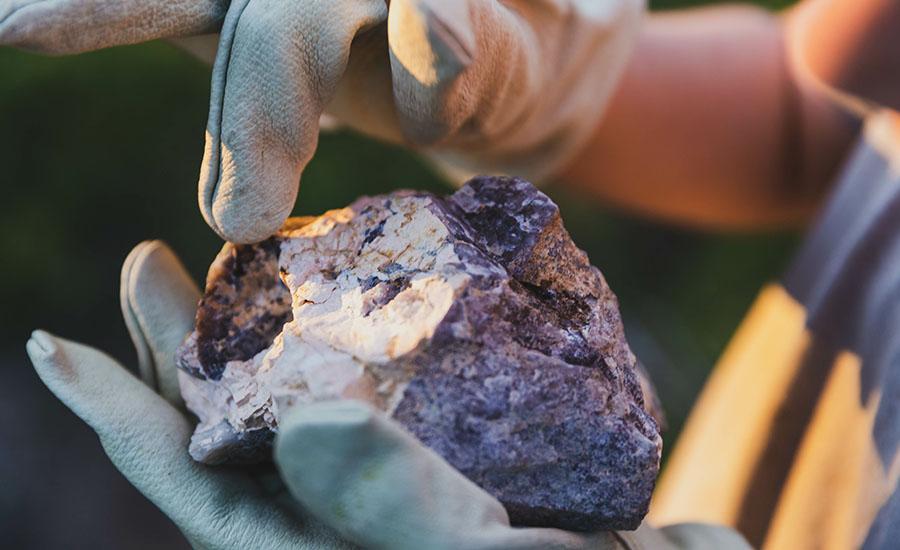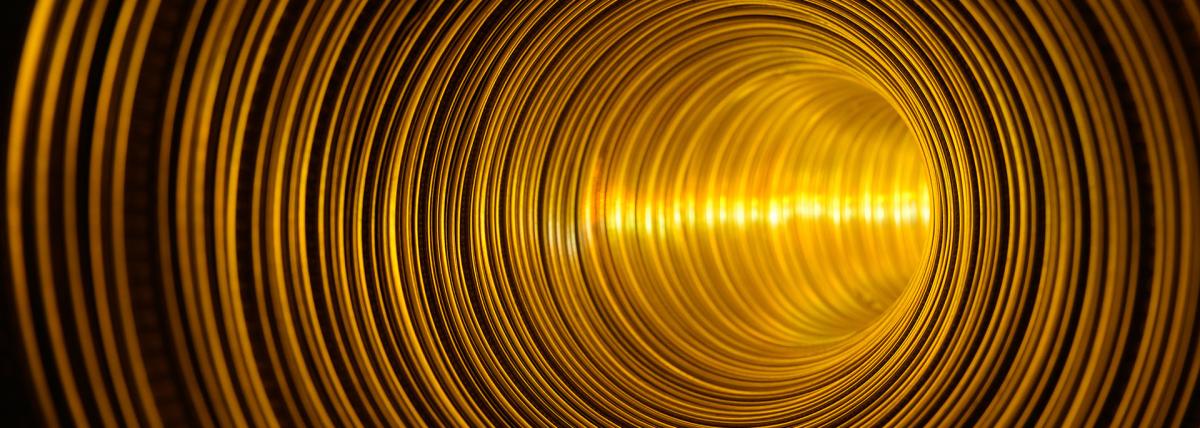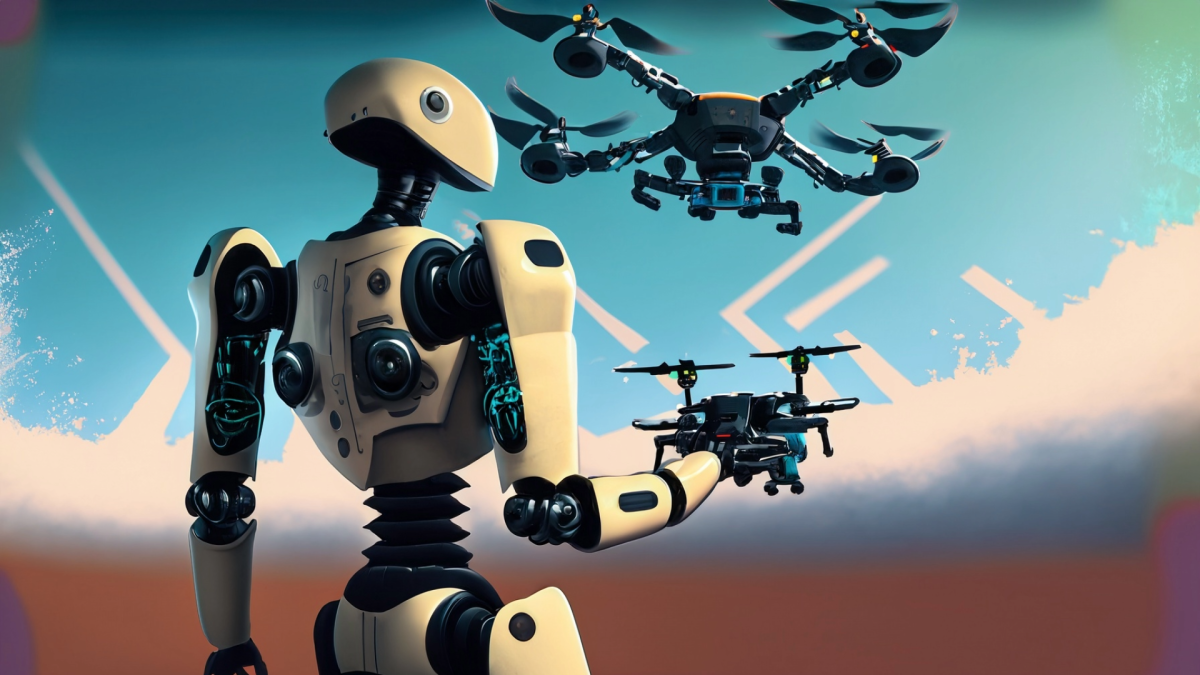
Grades:
5th Grade
In this lesson, students will understand how Katherine Johnson’s courage and actions impacted flight to space and changed the world, including racial segregation. Through a hands-on learning

Grades:
3rd Grade, 4th Grade, 5th Grade, 6th Grade, 7th Grade, 8th Grade, 9th Grade
An overall view of mining, minerals, and their role in our everyday life. This lesson compares the past, present and future of mining and it's relativity to sustaining our way of life.

Grades:
5th Grade, 6th Grade, 7th Grade, 8th Grade
Students will use Circuit Playground Express and create a DIY Burglar Alarm

Grades:
5th Grade, 6th Grade
This is a lesson plan made to target the fifith grade standard on how noncontact forces impact one another. It can be adapted to grades 5-12. Students will explore magnetism and polarization, research

Grades:
3rd Grade
The lesson objective is to develop an enduring understanding of desert plants (especially cacti), conduct photosynthesis, and how their structures function to help them survive in the desert. An

Grades:
5th Grade
This 5th grade lesson incorporates Mad Lib, micro:bits and learning how to code on Makecode.org. This lesson is teacher directed to walk students to add variables and text value. Students will use

Grades:
2nd Grade
This 2nd grade lesson incorporate the book, We are Water Protectors by Carole Lindstrom, and Ozobots. Students will discuss the beginning and ending of the story and discuss how characters respond to

Grades:
7th Grade, 8th Grade, 9th Grade, 10th Grade, 11th Grade, 12th Grade
Students will use projectile motion as practical example to better understand how parabolas (quadratic equations) are built. Students will also tabulate x and y values on Google Spreadsheets and graph

Grades:
6th Grade, 7th Grade, 8th Grade
Middle school students love to compete. Here's a lesson idea for a competition that will appeal to your student scientists, artists, and poets alike. Standards and connections are offered for middle

Grades:
2nd Grade
This lesson uses a children's literature book called Rosie Revere, Engineer. The lesson is designed to support ELA standards along with Math and SEPs. (Science and Engineering Practices) The initial

Grades:
9th Grade
This is a cash cow lab experiment, students are going to apply their experiment at the lab. it's a biotech labs that uses the fact that molecules of different sizes move at different speeds

Grades:
9th Grade, 10th Grade, 11th Grade, 12th Grade
The goal of this module is to learn about the production of musical sounds through the vibrations in stringed instruments. The module is expected to take place over approximately 4 class periods.

Grades:
Kindergarten, 1st Grade, 2nd Grade, 3rd Grade, 4th Grade, 5th Grade, 6th Grade, 7th Grade, 8th Grade
Most students are likely familiar with popular films like Happy Feet, Surf’s Up, Penguins of Madagascar, and classic books like Mr. Popper's Penguins. Capitalizing on this familiarity with penguins

Grades:
9th Grade, 10th Grade, 11th Grade, 12th Grade
A high school physics lesson plan that uses guided inquiry to help students explore the changes in potential difference across resistors connected in series & parallel.

Grades:
3rd Grade, 4th Grade, 5th Grade
Learn about forces and motion while reading the book Sheep in a Jeep and doing activities to determine the average distances of objects in motion.

Grades:
7th Grade, 8th Grade
In this lesson students will work in teams to research the different parts of a drone obstacle course with the intention to build and race it themselves.

Grades:
6th Grade, 7th Grade, 8th Grade
In this lesson students will broaden their understanding of their drone controls learning the proper terminology and practice using that vocabulary flying mini obstacle courses as a Pilot/Co-Pilot duo

Grades:
7th Grade, 8th Grade, 9th Grade, 10th Grade, 11th Grade, 12th Grade
Dive into the physics and engineering and programming of holonomic drives! Learn to code and control movement for your FTC robot with hands-on activities and real-world applications.

Grades:
Kindergarten
In this Kindergarten STEM lesson, students explore the concepts of light and shadows using Groundhog Day as a thematic starting point. The lesson begins with an engaging introduction through a SciShow

Grades:
1st Grade
Students will read and study types of movements and forces. They will draw examples of things that move in different ways. Then they will create a marble painting using the different movements and

Grades:
6th Grade, 7th Grade, 8th Grade
In the Drone Light Show project, students will explore the intersection of technology, creativity, and teamwork by designing and programming their own synchronized drone light show. Utilizing DJI

Grades:
7th Grade, 8th Grade, 9th Grade, 10th Grade, 11th Grade, 12th Grade
This lesson is a whole unit on energy. It can be broken up into 10 separate lessons. I chose to put them all together so that it was easier to see how I organized them so you did not have to search

Grades:
3rd Grade, 4th Grade, 5th Grade, 6th Grade
In this lesson plan, students explore the ideas of energy transfer between two objects. Students are tasked with making a maze for a marble to run through, using a 3d pen and other materials. Students

Grades:
8th Grade, 9th Grade, 10th Grade, 11th Grade, 12th Grade
A lesson that dives into the fusion of Art and Chemistry. Students will make their own pigments using common plants by using an acid-base reaction. They will test the effects of different solvents in


